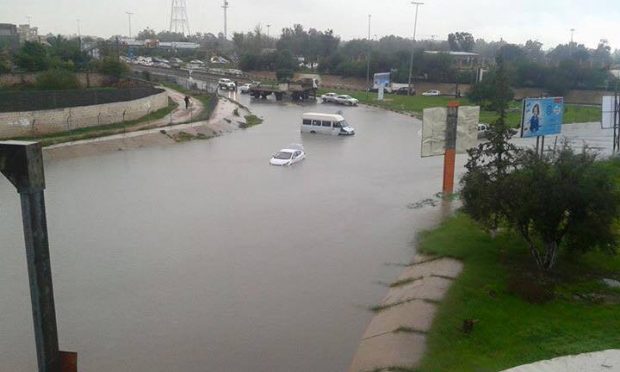Report: Libya’s oil money goes to foreign banks as citizens face looming poverty

The Independent reported Tuesday that in Libya, corruption was endemic in the country under Moamar Gaddafi, but now, amid the chaos of military struggle, it overwhelms the whole fabric of the country.
The British newspaper said that Libya is an example of a nation that is cursed by its own natural resources wealth, adding that despite having the largest oil reserves in Africa, and the tenth largest in the world, around a third of the population live in poverty.
According to The Independent, many people live without access to clean drinking water or proper sewerage systems.
“The reasons are simple: for years, Libya has been living with war and corruption.” The newspaper explained.
The Independent also says that with claims of fighting terrorism and others of fighting Islamic extremism, Libyan militias are funded by, and seeking the oil wealth which makes up 95% of the country’s exports.
Libya is ninth from bottom of a league of 180 nations on the Corruption Perceptions Index from Transparency International.
“One of the most damaging forms of abuse has been the way corrupt elements have exploited the difference in exchange rates between the official version and the black market one. While one dollar currently buys about 1.4 dinars, the black market rate has been as much as seven dinars. Officials and businessmen given dollars at the official rate to buy vital foreign goods will cash them in illegally at the black market rate, leaving little left for essential imports. Likewise, oil traders can exploit the two different exchange rates to leave the country receiving less than it is due for its crude.” The Independent wrote.
Meanwhile, over the last weeks, there had been some talks of the need for transparency and probes into the central bank transactions in Libya and the Presidential Council asked the UN Secur4ity Council to send a technical committee of experts to do that job.
How to submit an Op-Ed: Libyan Express accepts opinion articles on a wide range of topics. Submissions may be sent to oped@libyanexpress.com. Please include ‘Op-Ed’ in the subject line.
- Libya’s HCS invites applicants for key state roles - December 31, 2023
- UK calls on Iran to prevent escalation in Israel-Hamas conflict - November 05, 2023
- Libyan Interior Minister: Immigrant shelter costs a fortune - November 05, 2023


